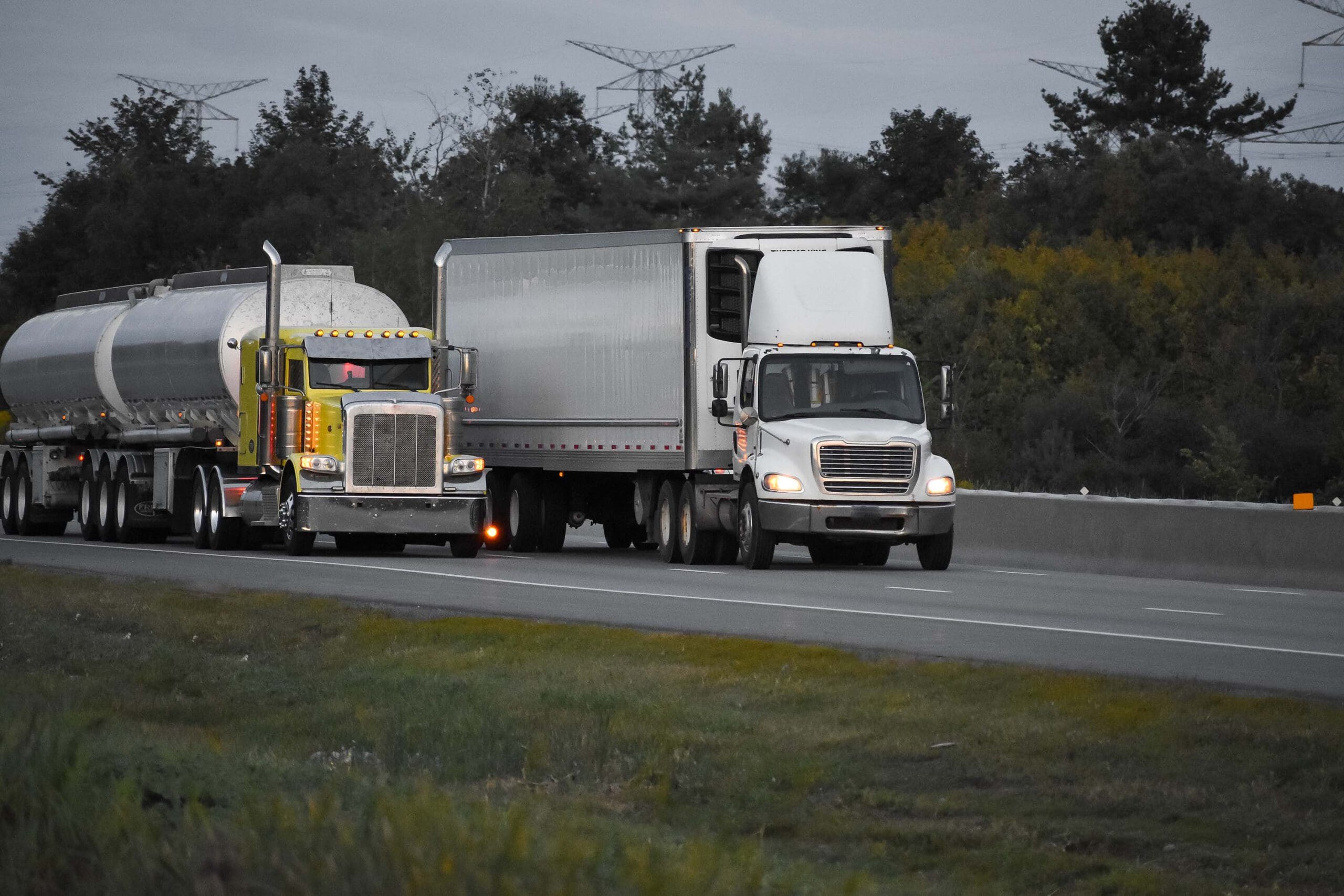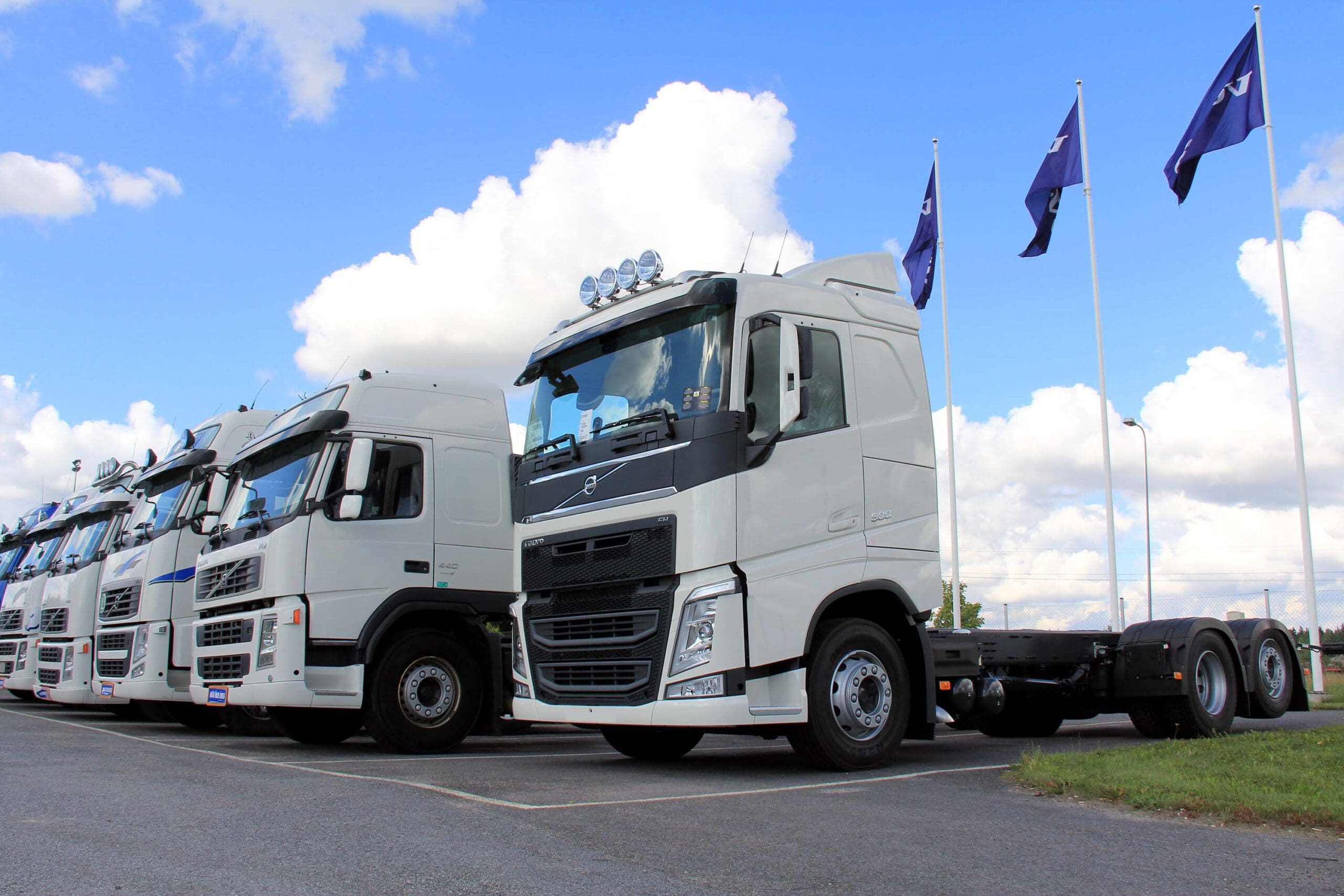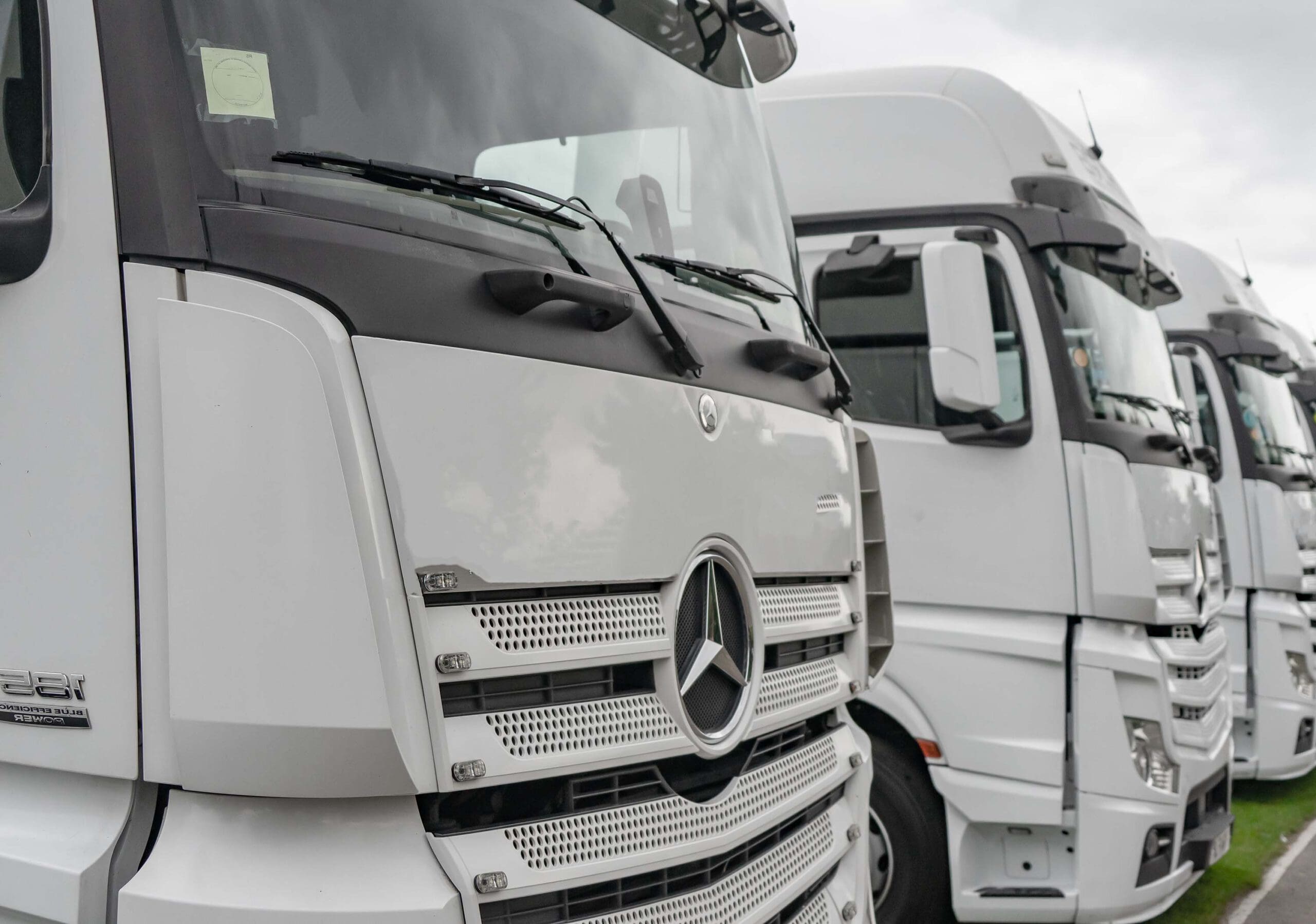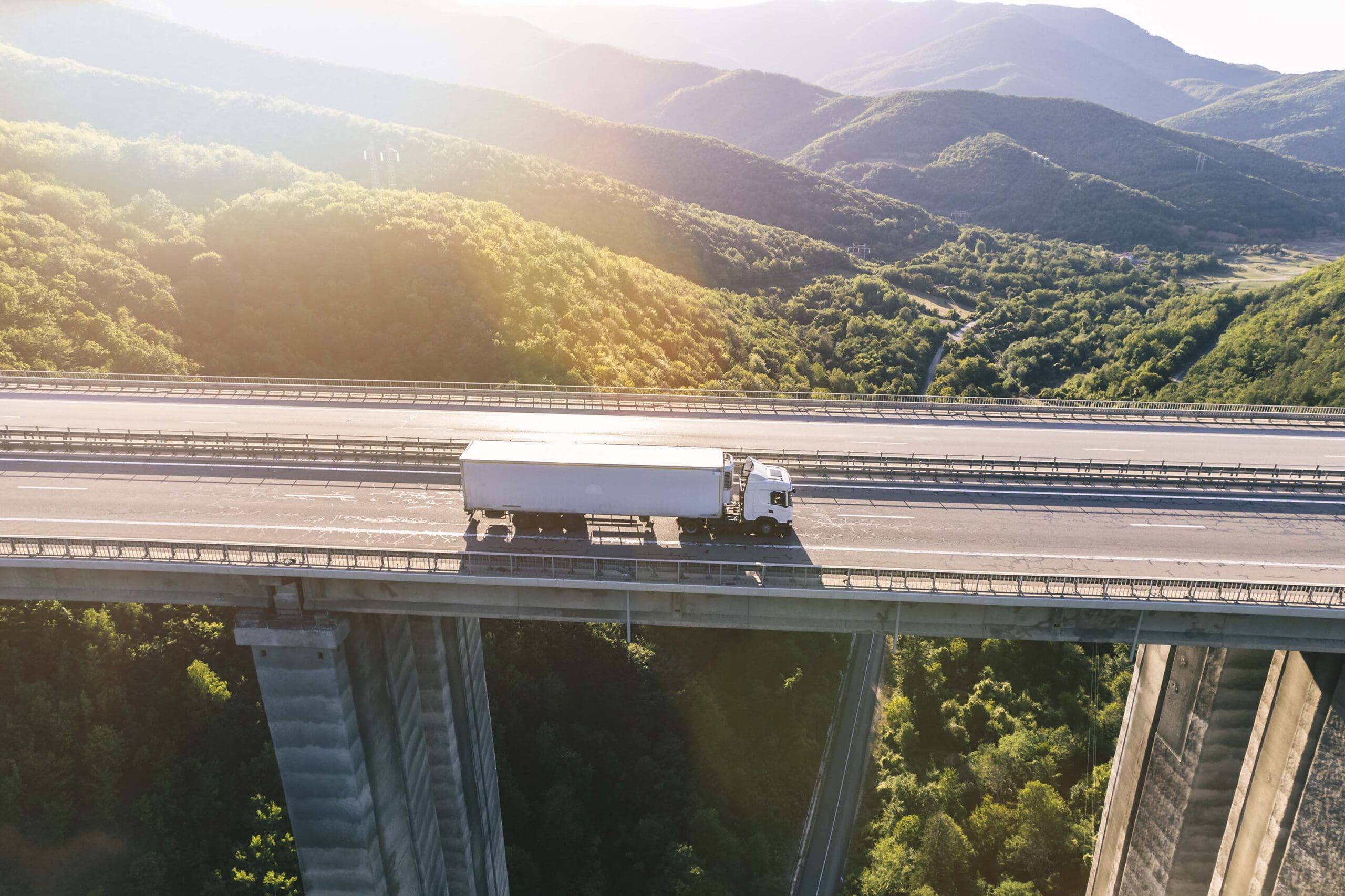Volvo & Daimler
With sales in over 100 countries and billion-dollar profits, Volvo and Daimler have the power to lead the truck industry’s clean transition. Despite their zero-emission commitments, they continue investing in diesel trucks that harm our health, climate, and economies. These giants must use their resources to ensure a future of clean energy, responsible supply chains, and trucks that work for everyone. While progress is being made, they need to move faster and do more.
Driving the global truck market
Volvo’s and Daimler’s market dominance enables them to influence prices, technologies, regulations, and practices across the trucking sector.

Both Volvo and Daimler operate in over 100 countries, giving them enormous global influence. Their actions can improve lives everywhere.
Both make bold, net-zero pledges, yet in 2024, electric vehicles represented less than 1.7% of either company’s sales.
Both report billion-dollar annual profits. Instead of accelerating electric production to meet their own promises, they invest in diesel technology, hydrogen distractions, and share buybacks.

Aren’t there others?
Yes, but Volvo and Daimler are in the driver’s seat. They are:Behind on commitments
Volvo and Daimler have made bold pledges to lead the transition to cleaner technologies. They’ve committed to invest resources in both electric truck technology and infrastructure. Nevertheless, progress is still too slow and creates uncertainty for customers and investors alike.
Closely aligned
Volvo and Daimler have formed alliances on key projects. Some are encouraging, like charging infrastructure. Others are less promising, such as investments in questionable fuel alternatives and anti-climate lobbying efforts.
Highly influential
With operations spanning five continents, Volvo and Daimler have historically influenced government policies and regulations. Instead of pushing to delay stricter emissions standards, they need to support rules and regulations that promote a faster shift to electric.
Financially equipped
Volvo and Daimler have billions in annual profits and vast resources. They’re fully capable of speeding the shift to electric trucks. Unlike smaller brands, they have the means to drive large-scale change. They must focus their resources on producing trucks with the cleanest available technologies and creating the ecosystems and conditions to deploy them.
A fleet of influence
Volvo and Daimler are two giant truck makers that own brands including Mack, Renault, Freightliner, and Mitsubishi FUSO. Acting on their promises will unleash change across the industry.


reported net sales in 2024
reported net profits in 2024
trucks delivered in 2024
of sales were electric trucks

Reported net sales in 2024
Reported net profits in 2024
Trucks sold in 2024
of sales were electric trucks


Big promises demand bold action
We’re calling on Volvo and Daimler to accelerate a just transition to electric trucks; one that protects jobs, respects workers’ rights, and supports communities to transition away from fossil fuels. Your voice matters. Demand clean trucks for healthier air, a safer climate, and a sustainable future.
Accelerate to 100% new zero-emissions truck sales by 2040 worldwide
Advance a zero-emissions truck industry that works for all
Foster the infrastructure and ecosystem needed to scale